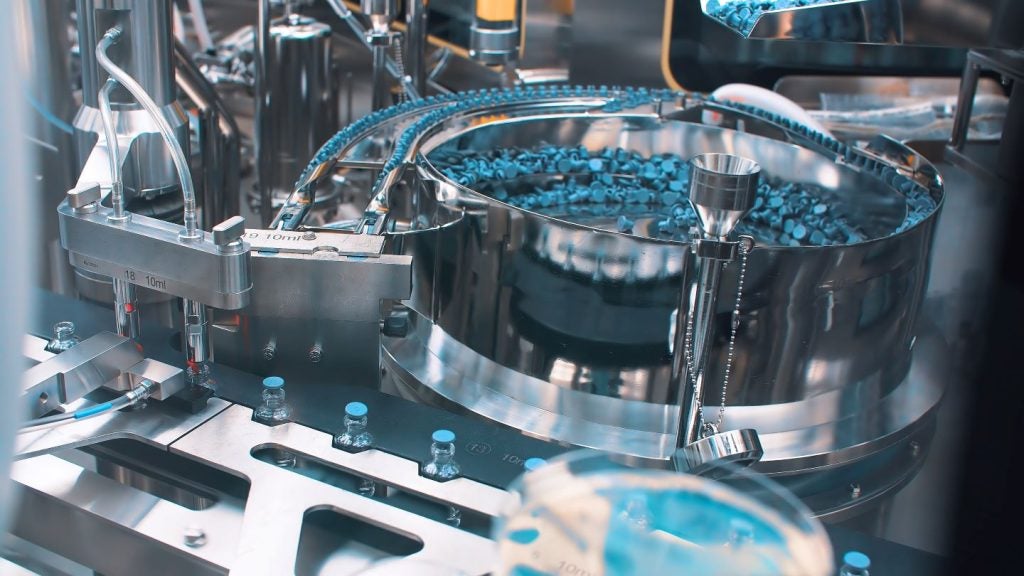Precision immunology company Santa Ana Bio has announced a substantial funding injection of $168m through Series A and B financing rounds to propel the development of targeted therapies for inflammatory diseases.
Versant Ventures spearheaded the Series A round, with TPG’s Life Science Innovations fund and GV also contributing.
The Series B round, amounting to $125m, was led by GV and saw participation from both existing and new investors, including Andreessen Horowitz Bio + Health, Access Biotechnology and RTW.
The company utilises proteomic, transcriptomic and genomic methods to identify disease-specific subpopulations and targets that affect only the cells causing the disease, sparing healthy ones.
This strategy aims to overcome the limitations of current biological treatments, such as patient heterogeneity, response durability and safety concerns.
Since its inception in 2022, Santa Ana has progressed three programmes, with clinical trials expected to commence in 2025.
Each precision immunology therapy developed by the company targets the causal cells and is anticipated to offer significant advantages over existing and in-development treatments.
The company’s SAB01 is designed to address toxicity issues by conditionally blocking c-Kit in the presence of an undisclosed anchor target found only on mast cells.
SAB01 has demonstrated conditional activity against mast cells in vitro and in vivo, and will enter Phase I trials in chronic inducible urticaria next year.
Another candidate, SAB03, is expected to enter Phase I trials in 2025 for several severe inflammatory conditions.
The SAB05 antibody-drug conjugate (ADC) programme introduces an innovative antibody-glucocorticoid conjugate technology, enabling the safe use of glucocorticoids while avoiding the side effects typically associated with these drugs.
Santa Ana CEO and board member Peter Emtage stated: “Precision medicines offer the ability to target defined cell types and pathways to disrupt the pathogenic biology driving disease.
“By identifying pathogenic cell types and pathways, and leveraging our deep protein engineering capabilities including monoclonal, bi-specific antibodies and ADCs, we aim to expand the reach of biologics to patients across numerous inflammatory diseases.”
















